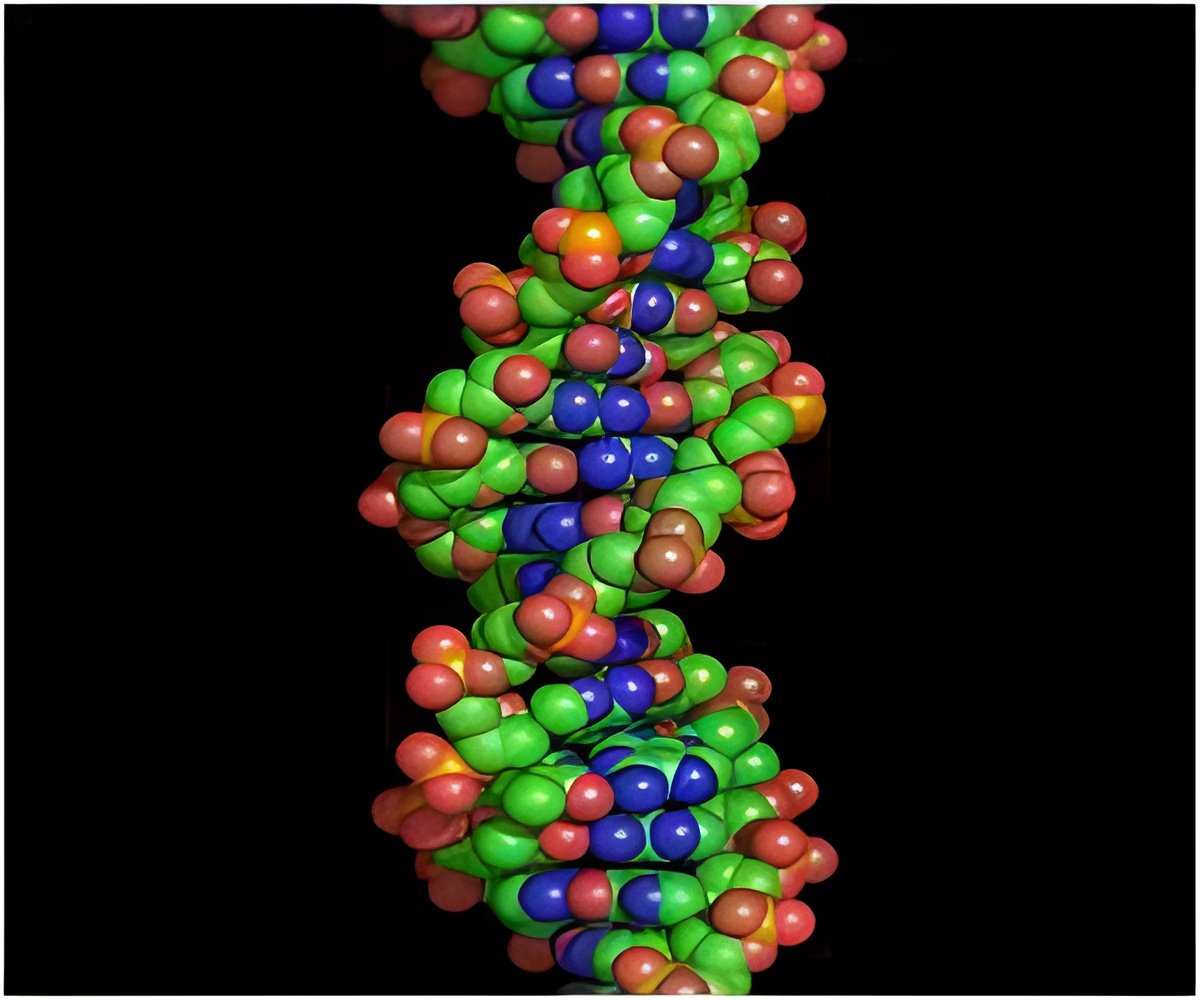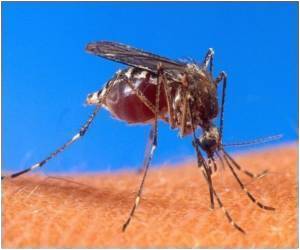Researchers from the University of Gothenburg, Sweden, have discovered how our body rids itself of damage when it is time to reproduce and create new life.

"I have a daughter. She is made of my cells yet has much less cellular damage than my cells. Why didn't she inherit my cells including the damaged proteins? That's the process I'm interested in," said Malin Hernebring from the Department of Cell and Molecular Biology at the University of Gothenburg.
A few days after conception, the cells in the embryo all look the same - they are unspecified stem cells that can develop into any bodily cell type.
As the process of cell specification (differentiation) begins, they go from being able to keep dividing infinitely to being able to do so only a limited number of times. This is when they start cleansing themselves.
"Quite unexpectedly we found that the level of protein damage was relatively high in the embryo's unspecified cells, but then it decreased dramatically," Hernebring explained.
"A few days after the onset of cell differentiation, the protein damage level had gone down by 80-90 percent. We think this is a result of the damaged material being broken down," he stated.
Advertisement
Now it has been shown that these types of cells go through a rejuvenation process that rids them of the inherited damage.
Advertisement
The proteasome activity increases considerably during the initial steps of embryonic stem cell differentiation in mice.
Source-ANI









